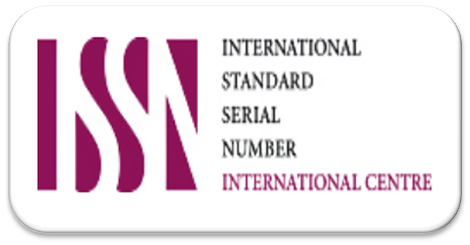Strategi Guru Pendidikan Agama Buddha dalam Mengajarkan Konsep Paticcasamuppada
Abstract
The concept of Interdependent Origination (Pa?iccasamupp?da) is difficult for most students, so students' understanding of the concept is generally low. This study aims to describe the right strategy for Buddhist Religious Education Teachers in teaching Pa?iccasamupp?da. This study uses a descriptive qualitative research type. The informants in this study were Buddhist Religious Education teachers, students, and principals. The data collection techniques used were observation, interviews, and documentation. Data were analyzed using the Miles and Huberman model. Data validity techniques were carried out by testing credibility, transferability, dependability, and confirmation. The results of this study concluded: (1) The strategies applied in the Pa?iccasamupp?da learning process are expository, inquiry, contextual, and cooperative. The methods used are lectures, demonstrations, questions and answers, discovery, presentation, recitation, and cooperation with the TCL learning model, contextual learning model, and learning models that use Buddhist teachings as a reference. (2) The obstacles faced are low student mood, teacher readiness in teaching is still lacking, sudden activities so that teaching and learning cannot be carried out according to schedule, and learning is less in accordance with the objectives. (3) The advantages of the strategy used by the teacher are that the material presented by the teacher is clearer with limited time, raises student enthusiasm and active participation in the learning process, and makes it easy to understand the material because it is related to the real world experienced by students, and trains students to work in groups. (4) The disadvantage of the strategy used by the teacher in the presentation method is that the use of learning media is not optimal.
Keywords
Full Text:
PDF 141-160References
¬Aggabalo, Bhikkhu. 2007. Dhammapada Atthakatha, Yamaka Vagga, Appamada dan Citta Vagga. Jakarta: Perpustakaan Narada.
Kaharuddin, Pandit J. 2005. Abhidhammatthasa?gaha. Tangerang: Vihara Padumuttara.
Jarvis, Matt. 2011. Teori-Teori Psikologi. Bandung: Nusa Media.
Rusydi, Muhammad Ikhsan. 2014. Penerapan Pembelajaran Aktif, Inovatif, Kreatif, Efektif, dan Menyenangkan (PAIKEM) pada Mata Pelajaran Pendidikan Agama Islam di SMPN 1 Parigi Kabupaten Gowa. Tesis. Makasar: Pascasarjana UIN Alauddin Makasar.
Sanjaya, Wina. 2012. Strategi Pembelajaran Berorientasi Standar Proses Pendidikan. Jakarta: Kencana.
Sardiman. 2011. Interaksi dan Motivasi Belajar-Mengajar. Jakarta: Raja Grafindo Persada.
Sugiyono, 2012. Metode Penelitian Pendidikan Pendekatan Kuantitatif, Kualitatif dan R&D, Bandung: Alfabeta.
Sulan dan Nyoman. 2017. Buku Guru Pendidikan Agama Buddha dan Budi Pekerti SD Kelas 1. Jakarta: Kementerian Pendidikan dan Kebudayaan.
Wena, Made. 2012. Strategi Pembelajaran Inovatif Kontemporer. Jakarta: Bumi Aksara.
Peraturan Pemerintah Republik Indonesia Nomor 55 Tahun 2007 tentang Pendidikan Agama dan Pendidikan Keagamaan.
Peraturan Pemerintah Republik Indonesia Nomor 32 Tahun 2013 tentang Perubahan Atas Peraturan Pemerintah Nomor 19 Tahun 2005 tentang Standar Nasional Pendidikan.
Undang-Undang republik Indonesia Nomor 20 Tahun 2003 tentang Sistem Pendidikan Nasional.
Undang-Undang Republik Indonesia Nomor 14 Tahun 2005 tentang Guru dan Dosen.
DOI: https://doi.org/10.69835/sati.v10i2.587
Refbacks
- There are currently no refbacks.
INDEX BY:












